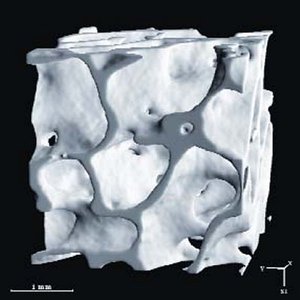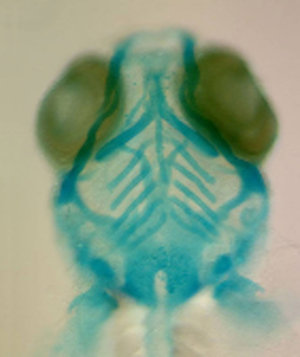Benefits for health on Earth
Major changes occur in the human body as a result of prolonged exposure to microgravity. Astronauts experience muscle atrophy, loss of bone mass, changes in the respiratory, cardiovascular and vestibular systems. The observed physiological alterations resemble changes associated with ageing and common widespread diseases such as osteoporosis and cardiovascular problems.
Studying how the human body adapts to the lack of gravity contributes to a better understanding of these processes, and it also drives the development and testing of new devices for medical diagnostics and countermeasures. This has already resulted in numerous spin-off instruments and therapies, leading to improved health care and the development of novel types of medical technology.
Future research on the International Space Station promises even more significant contributions to the improvement of health on Earth. A large number of experimental studies in the areas of integrated physiology, bone and muscle physiology and neurology have been proposed, selected and prioritised for ISS utilisation.






